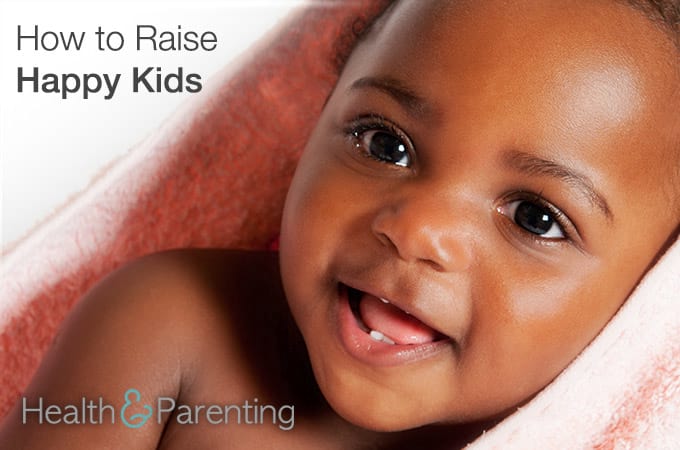Having someone mistake you for the grandma isn’t fun (in fact, it can be devastating), but being an older mom isn’t all bad. Whilst it may not be nice to have to explain to that young 20 something mom that, no, you’re not a visiting Granny, you gave birth to that bundle of joy crawling around the room, there are a few benefits to being a more mature mama:
- Life experience
Oh, those young whippersnappers might run rings around you at the park, but you could teach them a thing or two about life experience. As an older mom, you’ve lived more. You’ve experienced more, read more, seen more and done more. You don’t worry about missing out on life because you’ve already lived a great one.
- Finances
As an older mom, you’ve had more time to get yourself straight. You are probably in a better situation financially now than you were a decade ago, and your kids will get the benefit of that. You’re less likely to worry about how to make ends meet and you may even have a decent pot of savings tucked away somewhere.
- Friends
As an older mom, you probably have lots of friends who have been there, done that when it comes to raising kids. Far from feeling isolated from your social group, you’ll be right at home surrounded by your experienced mama friends. These are the women you can call up for advice about breastfeeding, weaning and tantrums without ever worrying about being judged. They know how you feel because they’ve been through it all and they have the added benefit of hindsight to help keep things in perspective.
- You just don’t care
You’re not the self-conscious, self-loathing people-pleaser you were back in your early 20s, far from it. These days, you couldn’t give two hoots about what people think of you. You know what it’s important to you and that’s all that matters. You can parent exactly how you want without having to worry what people think.
- Precious time
Younger moms may spend their day wishing away their babies’ childhoods, but you are old enough to know better. You know just how precious time is and how quickly it can disappear. For that reason, you may find it easier to enjoy each and every stage of your baby growing up. Sure, you’ll like some stages more than others (nobody loves a sleep regression), but you’re better placed to appreciate the passing days, even when you secretly wish they would pass a little faster.
What are your favorite things about being an older mom?
Written by Fiona (@Fiona_Peacock), mother, writer and lover of all things baby related.
This information is not intended to replace the advice of a trained medical doctor. Health & Parenting Ltd disclaims any liability for the decisions you make based on this information, which is provided to you on a general information basis only and not as a substitute for personalized medical advice. All contents copyright © Health & Parenting Ltd 2016. All rights reserved.
















